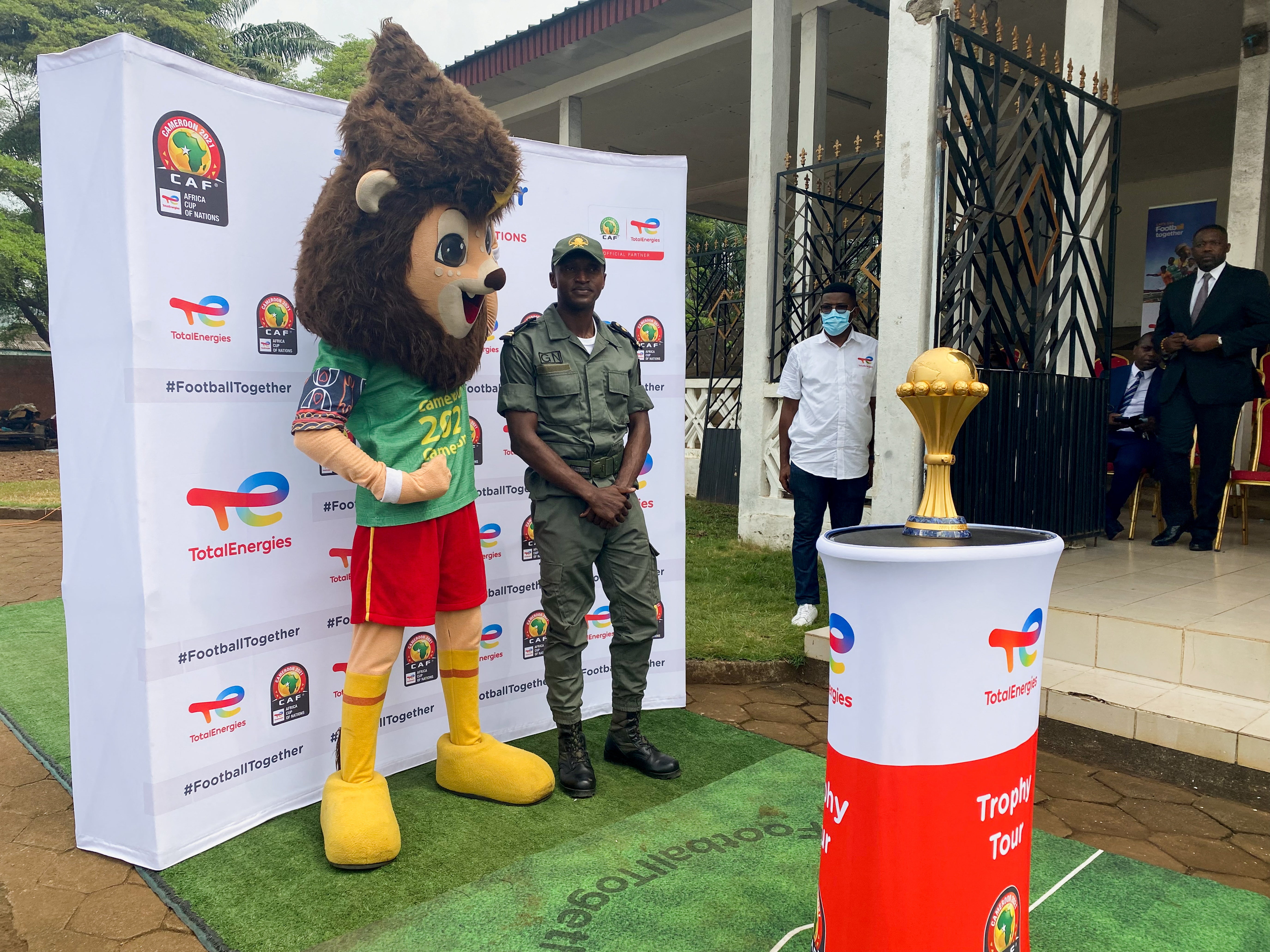Civil war overshadows football as safety fears threaten the Africa Cup of Nations
Conflict between separatists and security forces is intensifying in Cameroon – yet has received little coverage in the build-up to the tournament known as Afcon, writes Kieran Guilbert


With just days to go until the Africa Cup of Nations (Afcon) kicks off in Cameroon, the build-up has once again been dominated by the question of how top clubs such as Liverpool will cope without the likes of Sadio Mane and Mohamed Salah during the tournament.
But this time around, the focus on footballing matters is misguided. There is much more at stake – namely the safety of the players, fans and public in Limbe, in southwest Cameroon.
The city – which is home to one of the six Afcon stadiums – is located in a region that has been plagued by violence since 2017, when a civil war broke out between English-speaking armed groups and security forces in the largely Francophone country.
More than 3,000 people have been killed and 700,000 forced from their homes by the Anglophone conflict, in which separatists are seeking to establish a breakaway state called Ambazonia.
Violence has intensified over the past year, with dozens of bombs detonated by separatists – and several civilians reportedly killed during military raids on the armed groups.
In Limbe, authorities have been carrying out security drills to prepare against potential terror attacks, ranging from explosions to hostage taking. Armoured vehicles, soldiers, and police officers are patrolling the streets – and there are checkpoints on major roads into the city.
Afcon’s official mascot, Mola the Lion, has worn a bulletproof vest and been afforded an armed escort while promoting the tournament in the country’s Anglophone region.
During last January’s African Nations Championship, a smaller competition that was also held in Cameroon, police officers were injured when bombs were set off in the vicinity of Limbe’s Omnisport Stadium.
Worryingly, given the bigger stage and global spotlight, separatists have publicly threatened to target Afcon matches taking place in Limbe if troops are not withdrawn from the region.
An explosion that injured several people last month in nearby Buea, the southwest’s capital, was claimed by a separatist group that denounced the staging of games in the region.
Some activists and NGOs have called for the tournament to be postponed due to the Anglophone crisis; others such as Human Rights Watch (HRW) say it should go ahead but have called for the games in Limbe to be relocated on security grounds.
At its essence, Afcon is a rare opportunity to celebrate African football – but that does not mean we should turn a blind eye to the conflict and pretend this is business as usual.
To keep up to speed with all the latest opinions and comment sign up to our free weekly Voices Dispatches newsletter by clicking here
All too often you hear people insisting that sports and politics should not mix.
But pressure on Qatar over the deaths of migrant workers building stadiums for next year’s World Cup, and diplomatic boycotts of the Beijing Winter Olympics – due to China’s mistreatment of the Uyghur minority – have put paid to that outdated and simplistic stance.
Cameroon should now be subjected to the same scrutiny and criticism, lest the world allow its president Paul Biya to profit from Afcon while sweeping the crisis under the carpet.
Yours,
Kieran Guilbert
Deputy international editor
Join our commenting forum
Join thought-provoking conversations, follow other Independent readers and see their replies
Comments


Bookmark popover
Removed from bookmarks